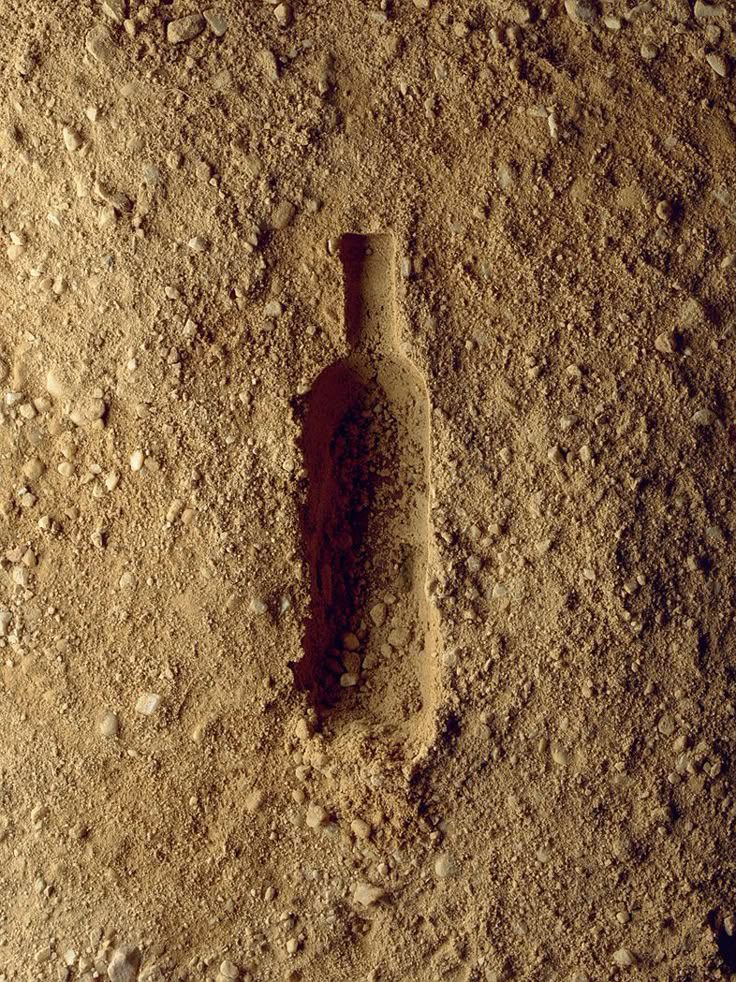Sustainable sipping
What's really in your glass of wine?
When it comes to wine, making a sustainable choice isn’t just better for the planet; it also leads to better wine! But let’s be honest: the world of sustainable wine can be a little confusing. Is organic wine the same as sustainable wine? Are vegan wines always eco-friendly? And what on earth is biodynamic wine? Grab your favorite glass, and let’s uncork the truth about sustainable wine!
What makes wine sustainable?
Sustainable winemaking is all about respecting nature and working in harmony with the environment. This means no chemical pesticides, no artificial fertilizers, and no herbicides. Instead, sustainable vineyards use natural methods to protect their crops, like introducing helpful insects and planting flowers and clovers to encourage biodiversity. Not only does this keep the soil healthy, but it also creates wines with incredible depth and character, from bold reds to crisp whites and delicate rosés.
But sustainability doesn’t stop in the vineyard. Wineries must also focus on reducing waste, saving water, cutting down on energy use, and using eco-friendly packaging. Some even collect rainwater to irrigate their vines! If a winery checks all these boxes, you can be sure they’re doing their part for the planet, and for your wine glass.

Organic vs. sustainable: what’s the difference?
A common misconception is that organic wines and sustainable wines are the same. While they share some principles, they’re not identical. Organic wines are made without synthetic pesticides or fertilizers, but that doesn’t necessarily mean the winery focuses on water conservation, recycling, or energy reduction. Sustainable winemaking takes things a step further by considering the entire impact of production.
Then there’s biodynamic wine, which goes even deeper. Biodynamic winemakers follow lunar cycles (yes, really!) and use natural composts and herbal infusions to boost vineyard health. They avoid artificial yeast and minimize sulfite use. It’s a fascinating approach that blends tradition with a touch of magic.

Are vegan wines automatically sustainable?
Not necessarily! Many people assume that if a wine is vegan, it must be eco-friendly. While vegan wines don’t use animal-derived fining agents (like egg whites or fish bladder), the grapes might still be grown using chemical pesticides or artificial fertilizers. If you’re looking for a wine that’s both vegan and sustainable, check for additional certifications or go for trusted wineries known for their eco-friendly practices.
How to spot a truly sustainable wine?
Here’s the tricky part: there’s no official European label for sustainable wine (yet!). But don’t worry, there are still ways to make informed choices:
- Look for certifications like Demeter (for biodynamic wines) or Fair Trade (which also ensures ethical labor practices).
- Check if the winery uses recycled materials for packaging and energy-efficient production methods.
- Support local and European wines to minimize carbon footprints from long-distance shipping.
Top sustainable wines to try
Luckily, more wineries are embracing sustainability, making it easier to find eco-conscious bottles.
Check out The Marto Wines by Martin Wörner (a.k.a. Marto), one of Germany’s most exciting young winemakers. Since his first vintage in 2016, Marto has become a key player in the new wave of natural winemaking. After training with top producers like Matassa and Gut Oggau, he returned to his family’s vineyard in Flonheim, Rheinhessen, and transformed it with his passion for organic and biodynamic practices. Marto focuses on soil health and biodiversity, using cover crops like radishes, beetroots, and turnips, and grazing sheep to maintain the land without tilling. The vines, some planted by his grandfather, grow classic German varieties like Riesling, Spätburgunder, and Silvaner. After hand harvesting, the grapes are spontaneously fermented in barrels with no fining, filtration, or added sulfur. You can find The Marto Wines at Librewines, and while you go and pick-up at bottleshop you can try some more.
Find it at Bottleshop – Wibautstraat 130, Amsterdam
Looking for a top-tier sustainable wine? Domaine Labet is a must-try. This legendary estate in Jura has shifted from classic winemaking to a more natural approach, specializing in Chardonnay. Known for their precise, mineral-driven wines, Labet’s whites come from very old vines (some over 100 years old) with low yields that create concentrated, refined wines. They also make small amounts of other Jura wines like Crémant, Vin Jaune, and reds from Trousseau, Poulsard, and Pinot Noir. The wines are fermented in older barrels (never new oak) and aged for 12-18 months, allowing them to express the terroir in the most elegant way. Today, under the leadership of Julien Labet (along with his siblings), the estate is fully organic, with a biodynamic line as well. With a global reputation and wines available mainly on allocation, Domaine Labet’s bottles are definitely worth seeking out.
Find it at Troppo Giovane – Binnen Dommersstraat 22, Amsterdam
If you prefer something from Italy, Try Vigna Flor – Gente della Terra 2022! This beautiful orange wine is made with Garganega and Glera grapes from an old vineyard in the hills of Padua. It’s made with a hands-off approach, no sulfites, additives, or chemicals, just natural winemaking at its finest. The wine is macerated for 11 months in fiberglass, gravity-bottled, and totally pure, resulting in a light yet impactful wine. Made by Davide and Francesca, two passionate winemakers with a deep respect for the land, it’s a true reflection of sustainable practices.
Find it at Zuiver Wijnen – De Ruyterkade 128, Amsterdam
Or, for those who love a fresh white, this Marof Sauvignon Blanc from Prekmurje, Slovenia is a must-try.
